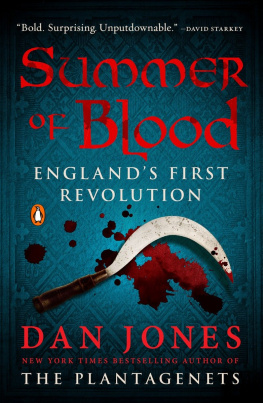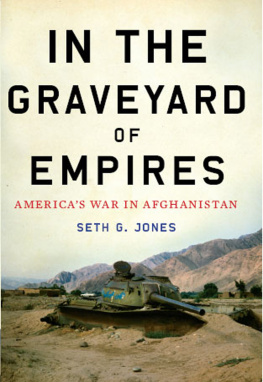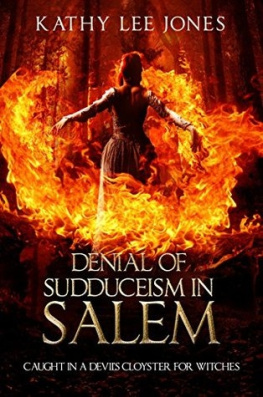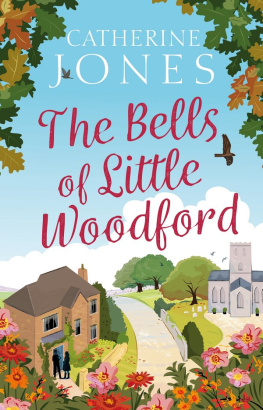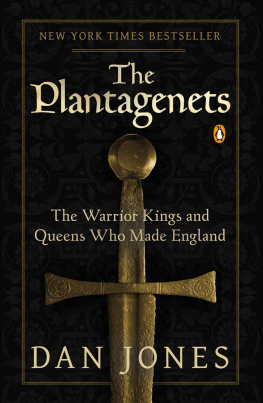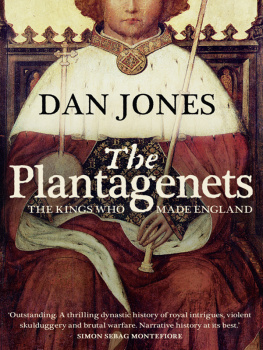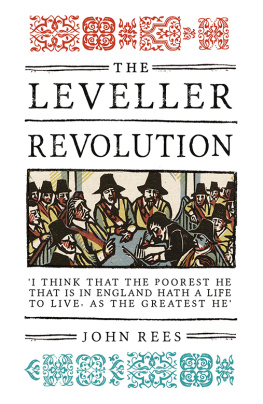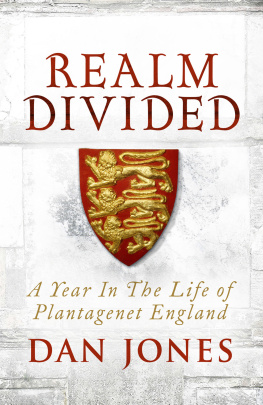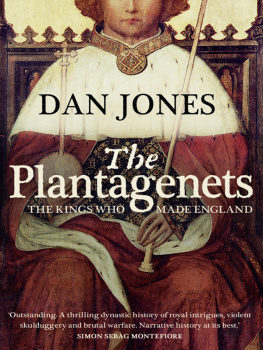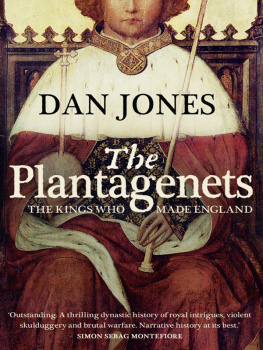PENGUIN BOOKS
SUMMER OF BLOOD
Dan Jones is the author of The Plantagenets: The Warrior Kings and Queens Who Made England, a #1 international bestseller and New York Times bestseller, and The Wars of the Roses, which charts the story of the fall of the Plantagenet dynasty and the improbable rise of the Tudors. He writes and presents the popular Netflix series Secrets of Great British Castles and appeared alongside George R. R. Martin in the official HBO film exploring the real history behind Game of Thrones. He is also the author of Magna Carta: The Birth of Liberty and is currently working on a history of the Knights Templar due out in fall 2017.
Also by Dan Jones
The Plantagenets: The Warrior Kings and Queens Who Made England
The Wars of the Roses: The Fall of the Plantagenets and the Rise of the Tudors
Magna Carta: The Birth of Liberty
PENGUIN BOOKS
An imprint of Penguin Random House LLC
375 Hudson Street
New York, New York 10014
penguin.com
First published in Great Britain by HarperPress, an imprint of HarperCollinsPublishers, 2009
Published in Penguin Books 2016
Copyright 2009, 2016 by Dan Jones
Maps HarperCollinsPublishers, designed by HL Studios
Map of London designed by HL Studios, based on a map London Topographical Society
Penguin supports copyright. Copyright fuels creativity, encourages diverse voices, promotes free speech, and creates a vibrant culture. Thank you for buying an authorized edition of this book and for complying with copyright laws by not reproducing, scanning, or distributing any part of it in any form without permission. You are supporting writers and allowing Penguin to continue to publish books for every reader.
constitutes an extension to this copyright page.
LIBRARY OF CONGR ESS CATALOGING-IN-PU BLICATION DATA
Names: Jones, Dan, 1981 author.
Title: Summer of blood : Englands first revolution / Dan Jones.
| Includes bibliographical references and index.
Identifiers: LCCN 2016035318| ISBN 9780143111757 (paperback) | ISBN
9781101993002 (electronic)
Subjects: LCSH: Tylers Insurrection, 1381. | Great BritainHistoryRichard II, 13771399. | BISAC: HISTORY / Europe / Great Britain. | HISTORY /
Medieval. | HISTORY / Europe / Western.
Classification: LCC DA235 .J56 2016 | DDC 942.03/8dc23
Cover design: theBookDesigners
Version_1
For my parents
CONTENTS
MAPS
PREFACE
The great English rebellion of the summer of 1381, a sudden and violent uprising against the countrys richest and most powerful lords known as the Peasants Revolt, was one of the most astonishing events of the Middle Ages. Led by the mysterious general Wat Tyler and a visionary preacher called John Ball, the Peasants Revolt was organized with military precision, and fired by genuinely revolutionary zeal of the sort that we seldom associate with this far-removed period of history.
As if from nowhere, a huge army of farmers, bakers, brewers and churchmen drawn from all over England rose up and attacked their masters. They nearly brought down the government. Several of the countrys most senior officials and hundreds of other people were murdered before the rising dissolved into chaos and official retribution. Those who survived were deeply scarred by what they witnessed. Thanks to its radical motives, violent methods, unprecedented success and inherent drama, the Peasants Revolt was recorded with breathless horror by writers who lived through it and has inspired great writers and artists from the fourteenth century to the twenty-first. It was Englands first great popular rebellion and it remains in many ways its most exciting and important.
The Peasants Revolt struck with little warning. Beginning in the late spring of 1381, insurrection swept through virtually the entire country. It was sparked by a series of three socially unjust poll taxes, each more recklessly imposed on the population than the last. These taxes were all the more hateful because they were conceived against the background of oppressive labour laws that had been imposed, broadly speaking, to keep the rich rich and the poor poor. Yet this was not simply a tax revolt. It took aim at what many ordinary people in England saw as a long and worsening period of corrupt, incompetent government and a wholesale failure of what we would today call social justice. Like most rebellions, it was the sum of many parts. A radical cabal at the centre proposed a total overhaul of the organization of English government, the Church and feudal lordship. They carried along thousands of honest, discontented working folk who agreed with the sentiment that things ought to be better. At the fringes were many opportunistic plunderers, score-settlers and incorrigible criminals, to whom any opportunity for violence and theft was welcome.
The rebellions focal point and moment of high drama came in London on the festival weekend of Thursday the 13th to Sunday the 16th of June. On that weekend a crowd of thousands who had marched to London from Canterbury, in Kent, on a sort of anti-pilgrimage, joined with an excited mob from the capital. They gathered to demonstrate, riot and pass bloody judgment on their rulers. London, which had been riven with anti-government sentiment for nearly five years, collapsed into anarchy within hours of the rebels arrival on the south bank of the River Thames. Finding no shortage of allies within its walls, the rebels achieved in an astonishingly short time the total paralysis of government, terrorizing the most important men in the state and destroying famous buildings such as the Savoy Palace. Public order dissolved, and was restored only with great difficulty. Once the rebels were finally driven out of the city, through a combination of appeasement and eventually military action, the Crown was forced to declare what amounted to military rule across London. But this was only partially successful. Outside London, the rebellious spirit had proven infectious, and there were major revolts in Essex, Kent and East Anglia, as well as more isolated riots and episodes of urban disorder in Somerset, Sussex, Oxfordshire, Leicestershire and Yorkshire.
England at large remained convulsed by violence for months.
The rebellion was both a comprehensive damnation of the government and a startling announcement of a new political consciousness among the people of England. The lower orders, who had for generations been treated by the landed and powerful as little more than beasts of burden and battlefield fodder, showed themselves to be surprisingly politically aware, and capable both of independent organization and blistering anger. Many of Englands nobles, merchants, lawyers and wealthy churchmen had long suspected a tendency to violence in the labouring classes now it appeared that they were confirmed in all their fears.

